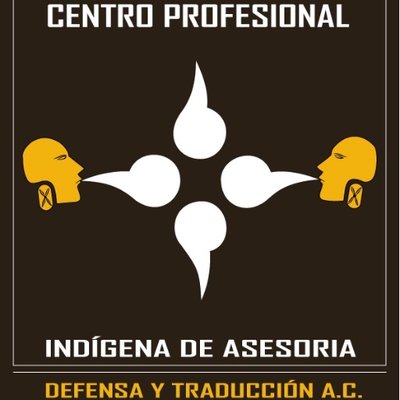
Indigenous Professional Centre for Advice, Defence and Translation (CEPIADET): The Training of Indigenous Interpreters for a Dignified Access to Justice
The Zapatista uprising in the 1990s marked the end of indigenismo (state-directed Indianist policies) and a watershed in the ways indigenous organizations related to the State. The Mexican constitution granted recognition in cultural terms to the indigenous population. The creation of institutions such as the General Coordination of Intercultural and Bilingual Education (CGEIB) and the National Institute of Indigenous Languages (INALI) became a reference point for what became known as intercultural policy in Mexico, placing indigenous languages at the centre of their concerns. In the first decade of the 21st century, on the one hand, intercultural universities were created and, on the other, there was investment by international fondations in the formal schooling of indigenous university students. These changes led to new organizations of indigenous professionals whose concerns focused on the promotion, recovery, study or use of native languages for dignified access to the fields of health and justice. Such is the case of the organization CEPIADET (Centro Profesional Indígena de Asesoría Defensa y Traducción), located in the state of Oaxaca, whose work focuses on the training of indigenous interpreters and the strengthening of the internal legal systems of the indigenous population of Oaxaca. This organization is made up of indigenous professionals focused on advocacy, communication and education. One of its characteristics is that the majority of its members are speakers of some indigenous language. Therefore, one of the interests of the LAPORA project is to analyze how the training of indigenous interpreters counteracts racism and how the discourse of discrimination (or racism) is used by CEPIADET members in the professional performance of their work.
